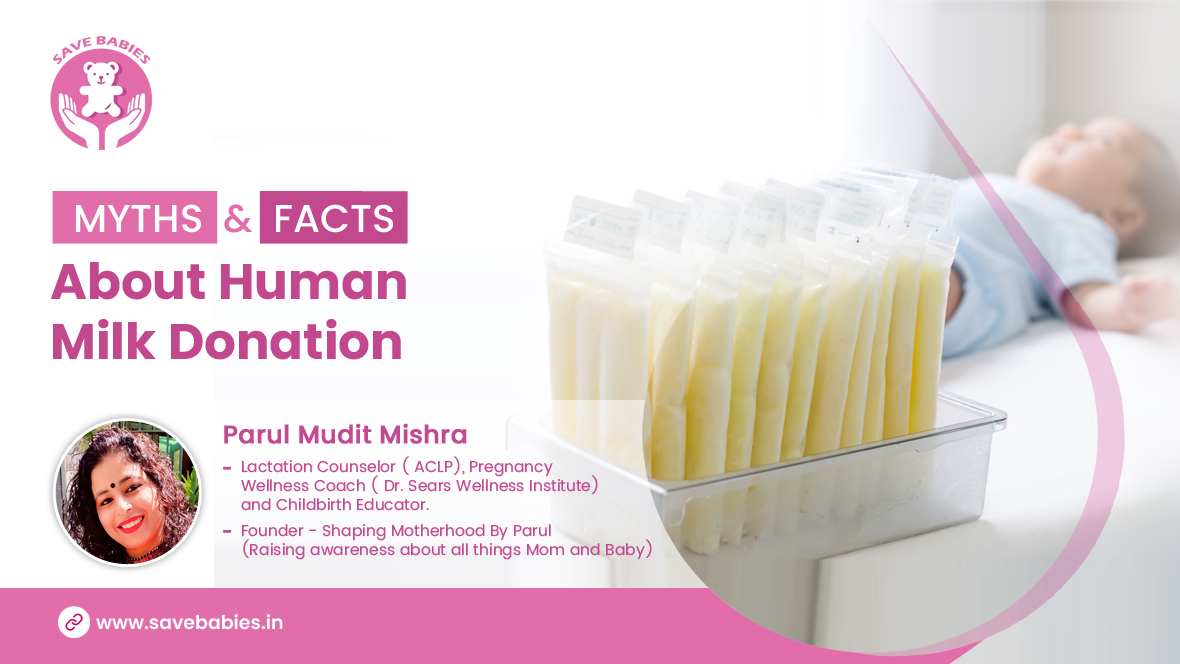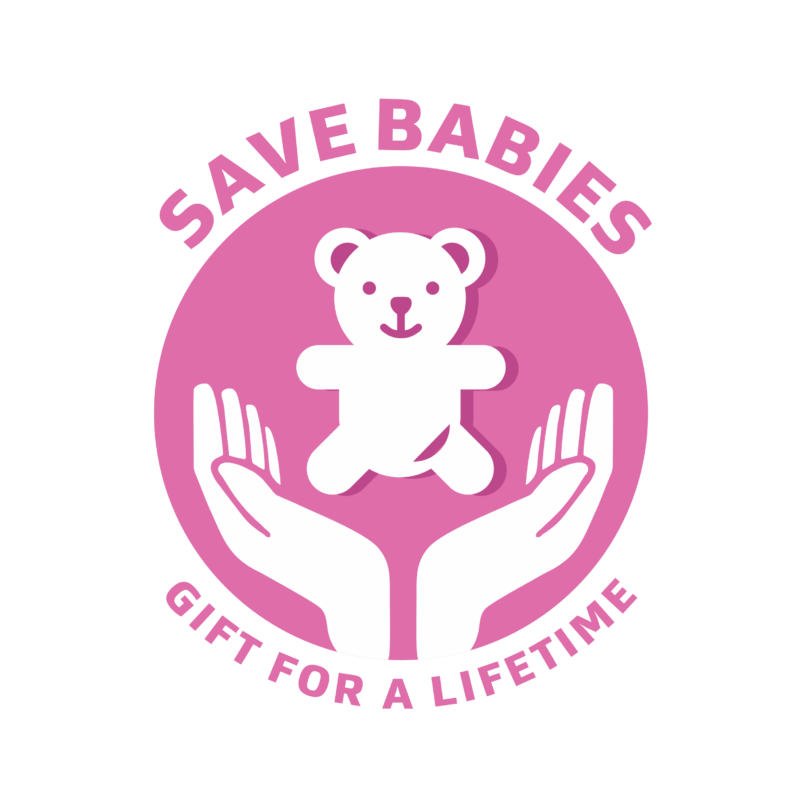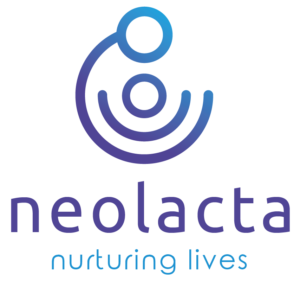Human milk is the optimal nutrition for babies, especially for preterm and sick babies. However, many babies are unable to receive this elixir of life due to various reasons. For these infants, according to WHO screened and pasteurised donor human milk is the best option, in absence of mother’s own milk.
This need of donor human milk has been recognized worldwide and more and more human milk banks are being established for this noble cause. But several misconceptions still exist around this concept. We have tried to answer some of the common questions around human milk banking.
Question: If there isn’t a milk bank nearby, can I receive or donate milk?
Answer: There are milk banks, which provide long distance services. They are equipped to maintain the cold chain while transferring milk over long distances.
Question: Will pasteurising destroy all the goodness of human milk?
Answer: Pasteurising the milk ensures that harmful pathogens are destroyed in the donor milk while retaining micronutrients and immunity boosting properties.
Question: Question: Will donor breast milk be safe?
Answer: Milk banks take multiple steps to ensure the safety of donor milk. First of all, every donor mother is screened for their lifestyle, dietary habits as well as medical history followed by serological tests for diseases like HIV, Hepatitis B & C, Syphilis etc. Once the milk reaches the bank, it is tested again for microbial activity both before and after pasteurization.
Question: Should nursing mothers must collect large volumes to be qualified as donors?
Answer: Given the value for donor milk, every drop of breastmilk is precious. Mothers don’t need to pump out a large amount of breastmilk every day to be considered as donors. It’s more important for the mother to be physically and mentally healthy, live a healthy lifestyle and be free from diseases.
Once the milk has been collected and frozen, the milk bank typically organizes transportation from the donor’s house to their collection centre. Since it isn’t economically viable to arrange transportation for small amounts of breast milk donation, mothers may be asked to commit to a certain minimum volume. This is usually an amount that can be easily collected by expressing breast milk regularly for a period of 4-6 weeks.
Question: Will donation impact the donor mother’s or her baby’s health?
Answer: When a mother signs up for donation with a certified milk bank, she is well counselled on meeting her baby’s requirements first before donating. Most milk banks require that the donor mother should be exclusively breastfeeding her baby first and donate only what she has over and above feeding her own baby.
Question: Will donation affect my supply, what should be the gap between feeding the baby and expression so as to make sure there is enough for my little one?
Answer: Breastmilk donation will affect your supply positively rather than negatively as the body works on demand and supply basis, so the more the demand the better the supply gets. Always express the milk post you have fed your baby for donation. You can also collect small quantities throughout the day to pool for the donation. This way you will always have milk for your little one and your body will be making more too.
Question: Do I need a Breast Pump to Donate Breast milk or any other special equipment?
Answer: If you have one, it’s an added advantage, but it’s certainly not a requirement. Hand Expression is equally efficient to get milk for donation. Sometimes, hand expression will give you more milk than a pump as you touching the skin elicits a faster let down reflex and thus efficient expression happens.
Breast milk donation is a noble act which can help in supporting growth and development of preterm/low birth weight/sick babies. Pasteurised donor human milk will not just provide nutrition but also strengthen a baby’s ability to fight infection. Donor milk from milk banks is safe and no commercial formula can match the benefits of human milk especially for premature or sick babies.




